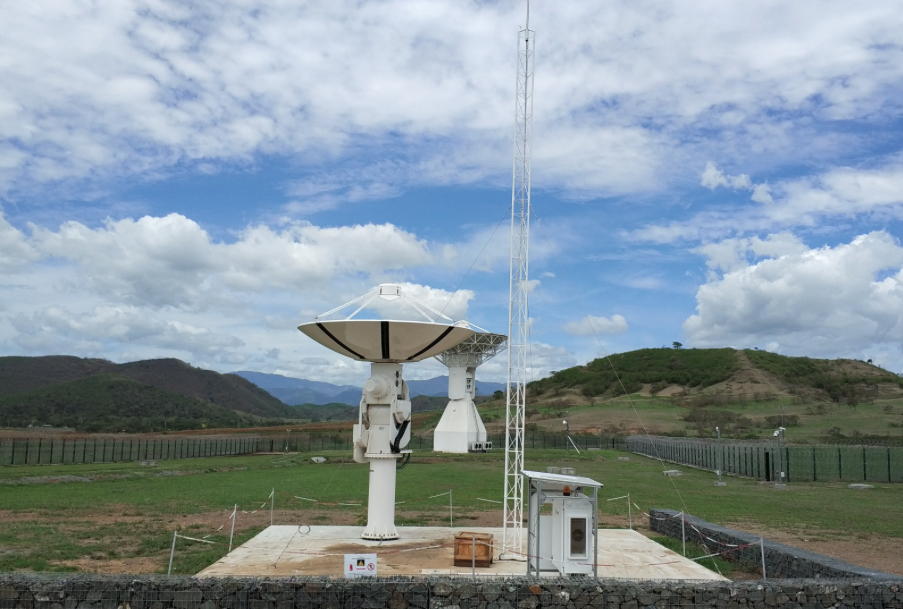This network will be invaluable once all the preparation has taken place. The globally distributed network will provide critical services such as search and rescue, emergency response and air, sea and land navigation. Indra will also be responsible for the stations´ maintenance and upgrades.

The new stations will join the 10 uplink stations that Indra has already put into service and six others currently in development by Indra from a previous contract. These stations shore up Galileo's ground segment to be able to assume control of the constellation of 30 satellites that will be in orbit in 2020 upon completion of the system.
The Uplink Stations provide satellites with messages containing navigation data generated after verifying their onboard clocks and orbital positioning, which could be affected by solar winds or the gravitational fields of the Earth or Moon.
Satellites can use these messages to send precise data to the increasing number of mobile devices and positioning systems used by companies and individuals. A deviation in the data sent by merely one billionth of a second would amount to a positioning error of 30 cm on Earth. The data messages that these stations send therefore have a vital role in achieving the precision of the entire system.
In addition to deploying the entire ULS network, Indra has also implemented all the Telemetry, Tracking and Control (TT&C) stations managing Galileo satellites. These stations are distributed at different points around the globe to ensure that satellites remain in permanent contact with at least one at all times for monitoring their positions and sending control orders. Indra engineers have implemented them in places such as Kourou (French Guiana), Kiruna (Sweden), Nouméa (New Caledonia), Réunion Island (overseas department of France), Svalbard (Norway) and Papeete (French Polynesia).
Galileo provides critical services that depend on the perfect operation of this system, including search and rescue operations at sea, which was one of the first services activated when the system was commissioned back in December 2016. Additional capabilities have gradually been included to address situations related to emergency and crisis response and management, shipping, navigation, construction, etc.
Together with the control centers in Germany and Italy, the ULS and TT&C stations deployed by Indra are the key components in Galileo's ground segment.
In addition to deploying these stations, Indra has also worked on the supply and deployment of Time and Geodetic Validation Facilities (TGVF) within the framework of the Galileo project. This component independently runs performance assessments on the Galileo system to ensure that it supplies correct information. The company handles this element of the Mission Center in Fucino (Italy). Indra also developed the mainframe computer's processing systems for the sensor station network (GSS) supporting the center.
Indra is also co-leading the development of the EU's GNSS Service Center, which will be Galileo's point of contact with the end users of the system's open and commercial services, providing them with expertise, knowledge, and support. The center is set to be based at the National Institute of Aerospace Technologies (INTA) facilities at Torrejón de Ardoz (Madrid).
To date, Galileo is the most ambitious space initiative promoted by the European Commission and the European Space Agency. Indra has participated in developing the entire ground infrastructure since the project's early phases.

